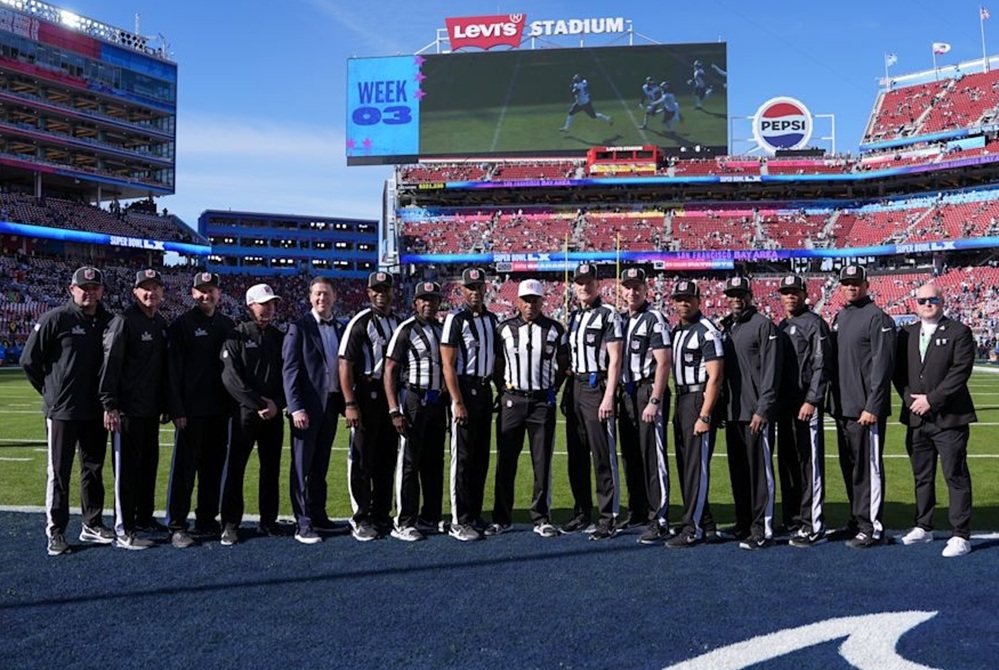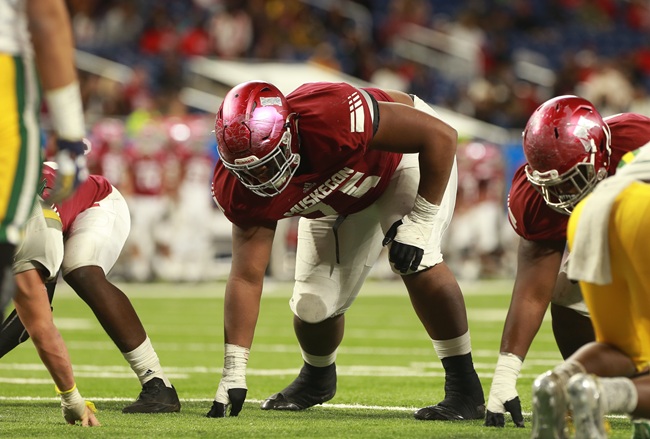
Best Practices
April 10, 2012
For decades, football has had the greatest participation among high school sports. In recent years it’s become the greatest spectator sport as well. Today, MHSAA Football Playoff revenue exceeds that of Boys and Girls Basketball Tournaments combined. And if I ever want to generate comments to a blog, all I have to do is mention football.
I can write either the most inspired or inane words about most topics, and not generate a comment. But mention “football,” and opinions come fast and usually furious.
So it was with my eyes wide open that I challenged some “sacred cows” in my posting of March 20, questioned some of the standard operating procedures of high school football practice, and predicted that we will soon be making some changes in the sport I played through four years of college and coached in high school and to which I owe more of my character development than any other sport. I knew some readers would call me out of date and out of touch, knowing nothing of my past or my passion.
I knew some readers would challenge any comparison made with college and professional players, asserting that older players need fewer practices with less contact because they already have the skills and techniques of blocking and tackling. However, they miss the fact that it is the younger and still growing body that needs more care and caution, not less. Less hitting, not more. More heat and humidity acclimatization, not less.
I knew some readers would complain about diminishing time to develop young players, overlooking the proliferation of camps, clinics, combines, 7-on-7 leagues and the like which have improved skills and conditioning for many athletes prior to the official start of practice. If that were not true or if we would dial down the out-of-season demands, then I might not join the amassing advocates for reduced in-season practice demands. But sadly, it is true; coaches already have these kids year-round.
On the same day that I posted predictions of changes for football practice policies in Michigan, including more days before pads and fewer days with double sessions, the Georgia High School Association adopted policies that did just that, requiring five days of practice before the first with full pads and prohibiting two-a-day practices on consecutive days.
Such changes reflect the growing body of evidence regarding “best practices” for high school football, including the recommendations of the American Academy of Pediatrics, the Centers for Disease Control and Prevention, and the National Federation of State High School Associations. This train has left the station; and Michigan should be an early stop, an early adopter of practice policies modifications. We put our players, coaches and selves in peril if we ignore the evidence.
I’m embarrassed to say that for too long I avoided this topic because I knew it would bring ridicule. Then recently, a young but experienced head football coach told me that these are the kinds of changes that football needs. Needs to keep the game attractive to kids; and needs to keep the game safe for kids.

In Shoulder Pads & Stripes, Michigan Superbly Represented at Super Bowl LX
By
Jon Ross
MHSAA Director of Broadcast Properties
February 9, 2026
MHSAA football champion? Check.
NCAA football champion? Check.
Super Bowl champion? Check.
Winning has become routine for Muskegon’s Anthony Bradford.
Bradford starred on the offensive line for the Big Reds, helping deliver the MHSAA 11-Player Division 3 championship in 2017. He kept collecting titles at LSU as part of the Tigers’ national championship team in 2019. Now, he’s reached the sport’s biggest stage as a Super Bowl champion.
 The Seahawks’ starting right guard played a major role in Seattle’s second Super Bowl title, a 29-13 win over New England on Sunday in Super Bowl LX. Seattle rushed for 141 yards and allowed just one sack in the victory.
The Seahawks’ starting right guard played a major role in Seattle’s second Super Bowl title, a 29-13 win over New England on Sunday in Super Bowl LX. Seattle rushed for 141 yards and allowed just one sack in the victory.
Bradford wasn’t the only former MHSAA athlete connected to the Seahawks this season. Wide receivers Tyrone Broden (West Bloomfield, 2019) and Cody White (Walled Lake Western, 2016), along with offensive lineman Logan Brown (East Kentwood, 2019), spent time on the practice squad or injured reserve. Defensive lineman Johnathan Hankins (Detroit Southeastern, 2010) was released in early December.
New England also featured MHSAA ties, with offensive lineman Mike Onwenu (Detroit Cass Tech, 2016) and punter Bryce Baringer (Pontiac Notre Dame Prep, 2017) on the Super Bowl roster.
Super Bowl LX was officiated by referee Shawn Smith, a graduate of Detroit Cody, where he played football and ran track. Smith was a registered MHSAA official for 18 years before advancing to the college ranks and eventually the NFL.
PHOTOS (Top) Shawn Smith, center with white hat, poses for a photo with his officiating crew at Sunday's Super Bowl. (Middle) Muskegon's Anthony Bradford lines up against Farmington Hills Harrison in 2017. (Smith photo courtesy of the NFL/Ben Liebenberg.)

